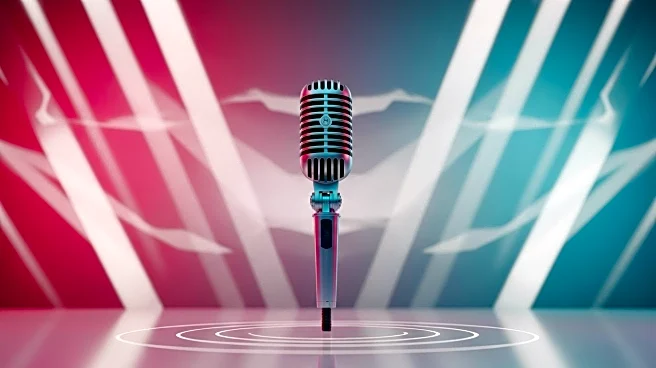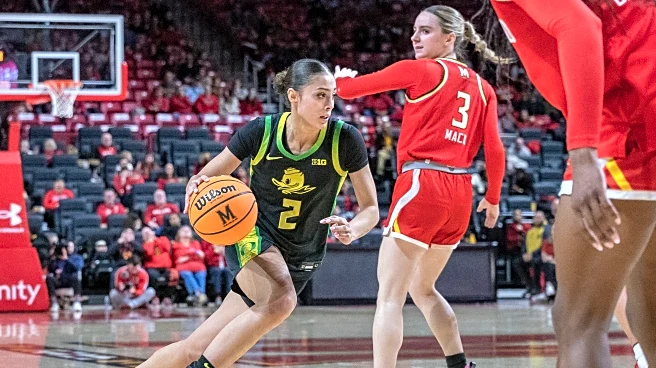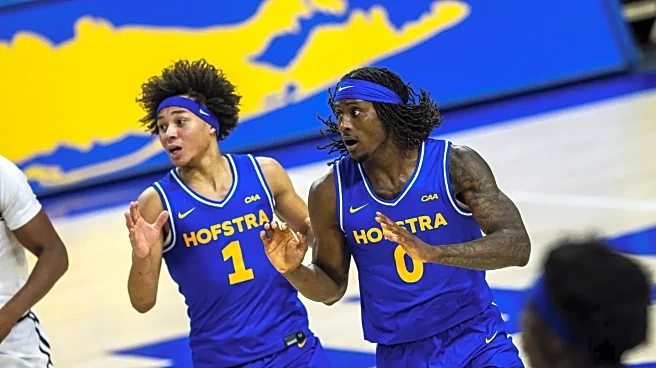What is the story about?
What's Happening?
The NFL has announced that Bad Bunny, a globally renowned Puerto Rican artist, will headline the Super Bowl LX halftime show on February 8, 2026, at Levi's Stadium in Santa Clara, California. This decision marks a significant cultural moment as Bad Bunny will perform in Spanish, showcasing Latino culture on one of the world's largest stages. The artist, known for his reggaetón hits and advocacy for Puerto Rican issues, has previously criticized U.S. immigration policies and President Trump. His selection is seen as a move to embrace diversity and international appeal, despite sparking controversy among some conservative groups.
Why It's Important?
Bad Bunny's selection for the Super Bowl halftime show underscores the NFL's efforts to broaden its cultural and international reach. By choosing an artist who performs primarily in Spanish, the NFL is acknowledging the growing influence of Latino culture in the U.S. and globally. This move could enhance the league's appeal to a more diverse audience, potentially increasing viewership and engagement. However, it also highlights the ongoing cultural and political tensions in the U.S., as some conservative groups have criticized the choice due to Bad Bunny's political stances and language of performance.
What's Next?
As the Super Bowl approaches, it is anticipated that Bad Bunny's performance will be closely watched for its cultural and political messages. The NFL may face continued scrutiny from conservative groups, while also receiving support from those advocating for greater diversity and representation in mainstream media. The performance could set a precedent for future halftime shows, influencing how the NFL and other major events incorporate diverse cultural elements.
Beyond the Headlines
Bad Bunny's performance at the Super Bowl could have lasting implications for the representation of Latino artists in mainstream American media. It may encourage other major events to feature artists who perform in languages other than English, reflecting the multicultural reality of the U.S. Additionally, the performance could spark discussions about the role of entertainment in addressing social and political issues, particularly those affecting minority communities.















